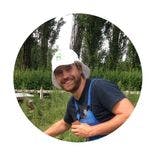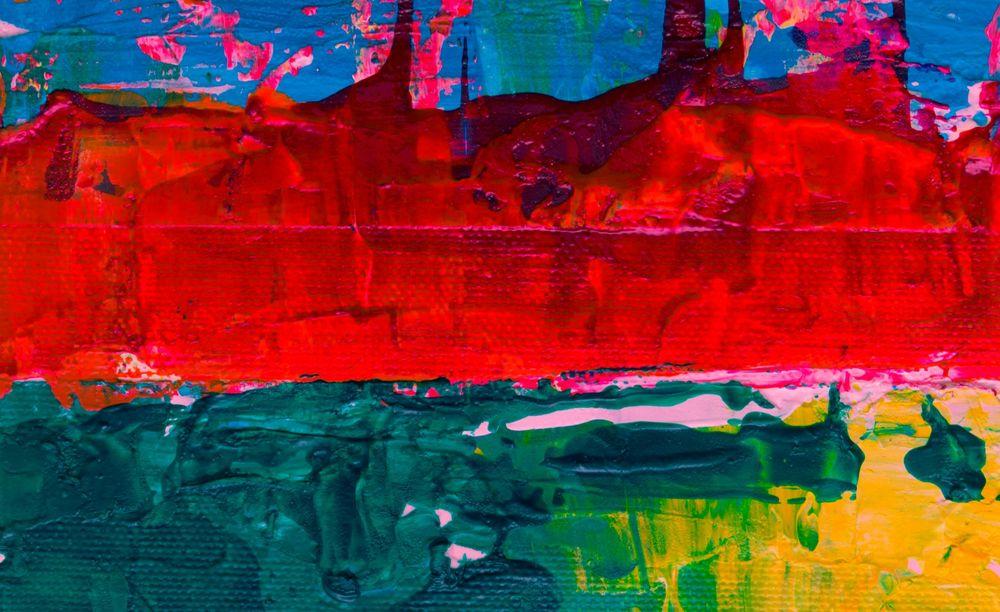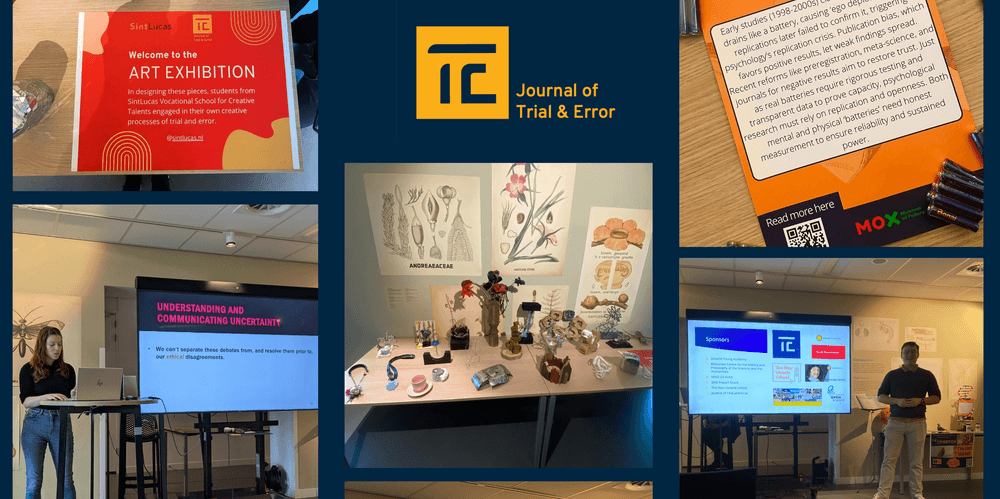~ 4 min read
Humble Beginnings
From an Open Science conference to the founding of a Journal: Max Bautista Perpinyà, our treasurer, thinks back to those first days of JOTE.
Underlying our interest in establishing a humanistic science journal, was a need of constructing, not deconstructing, and by doing so, we wanted to positively contribute to the intellectual scene. We were all motivated by an optimistic sense of science and, though we were not blind to its pitfalls, wanted to create a space for scientists to self-reflect on their work, and for humanists to provide a theoretical ground for these reflections. Open Science, such a hot topic in 2018, was the spark needed for a few History and Philosophy of Science students to try, to essayer, to envision what the dialogue would be between the so called scientists and humanities scholars would look like. The “erring” seemed to us a fertile ground to start this conversation.
In our initial team we had an array of experiences and backgrounds that provided evidence for a need of reflection. Specifically, we had a team background in psychology, neuroscience, technology studies, and a historical interest in the social and medical sciences. The publication bias in psychology and neuroscience, that is the tendency to publish only hypothesis-confirming results, seemed to us clear examples of disciplines in need of reflection. Where does this bias arise from? Is it, as Francis Bacon advanced in 1621, “the perpetual error of the human intellect to be more moved and excited by affirmatives than by negatives” that prompted scientists to hide, or even not see, failures and mistakes? Was it then a cognitive tendency towards the positive, or could we bring the issue of publication bias towards a more down-to-earth explanation?
During the weeks following the Open Science lecture, we spoke with scientists of different disciplines and found evidence for a perhaps a more practical consideration. We identified some causes, such as the lack of motivation to publish “failed experiments”. Writing about an experiment that did not go as planned – or just writing an article in general – is still time consuming. After all, why would I, as a scientist, go the extra mile and spend a week or two writing, structuring, and proofreading an article about an experiment which “failed”, when I already know where the cause of the failure is (or maybe I don’t even know, so what is then the conclusion?) and expose myself to the discredit of my peers? The reluctance of the scientist to publish errors seemed like a fair explanation to us, but also a fence to jump over in our ambition to create an open space to talk about failure.
We considered other options and asked ourselves: who, if anyone, actually writes about experiments in a structured manner, with fairly advanced scientific understanding and legitimacy, independently of the results? The answer seemed clear to us: Master's students! From our experience, Master's students perform internships in labs for a brief period, normally below a year, where they carry out experiments under the supervision of PhD’s, post-docs or heads of departments. The brevity of the experimentation period may, as many Master's students can confirm, be a reason why the experiments go awry. Indeed, many of these early researchers spend large amounts of time setting up the experimental procedures, carrying out controls, improving the methodology… That is, for a few months they try and err. And those experiences, those detailed reports on failure and success, finally take the form of a Master's thesis. Although they do engage with theoretical implications and many times they do test relevant hypothesis, it is common for Master's thesis to be quite specific on methodology. Ask any Master student, they will tell you how for endless months used a technique that “didn’t work” and painfully tried to reconstruct it in a coherent way in their final written report. Even if they reach the hypothesis-testing stage, many are the cases were the students “don’t get the results they wanted” (scientific lingo for failing to reject the null hypothesis).
In a series of meetings, first around a beer at a wooden table in a brown Utrecht bar, then followed by early morning coffees in the cafeteria of the library, we arranged what seemed to be a good idea. We formed a board for, as we initially called it: “the project fails due to lack of failure”. Though admittedly the roles weren’t much delineated in the first months (and still aren’t) because the brainstorming was still ongoing and the tasks not fully defined, having a chair (Martijn), secretary (Stefan), treasurer (Max), design (Nayra) and legal (Jobke) board members gave us legitimacy and structure to our mission. Our own experiment had begun.





